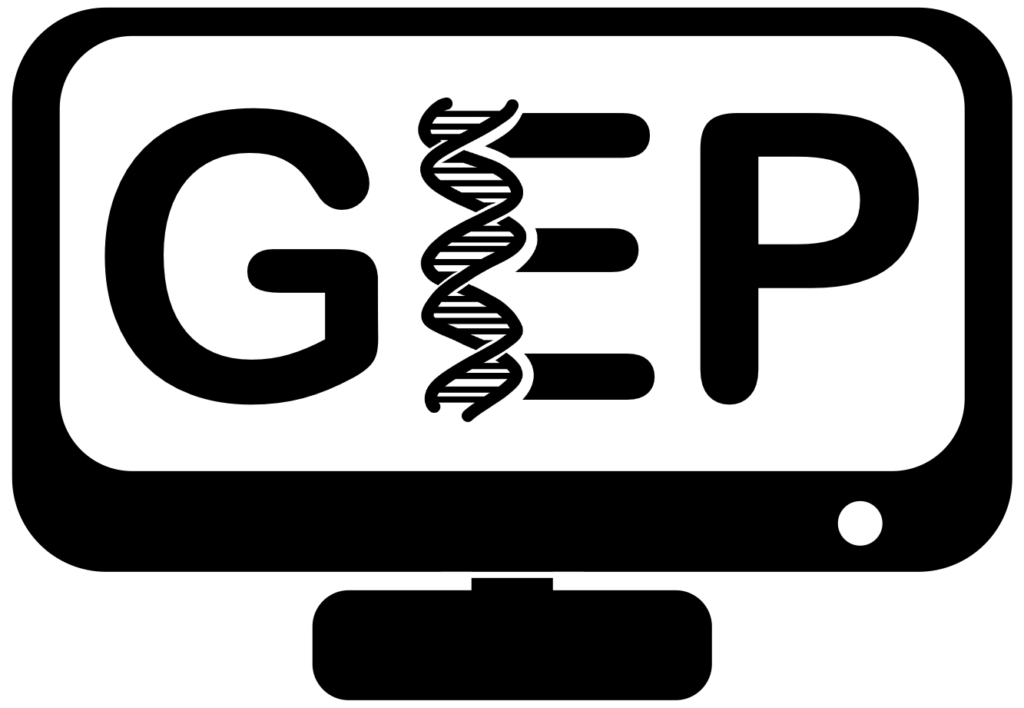Leadership
Committees
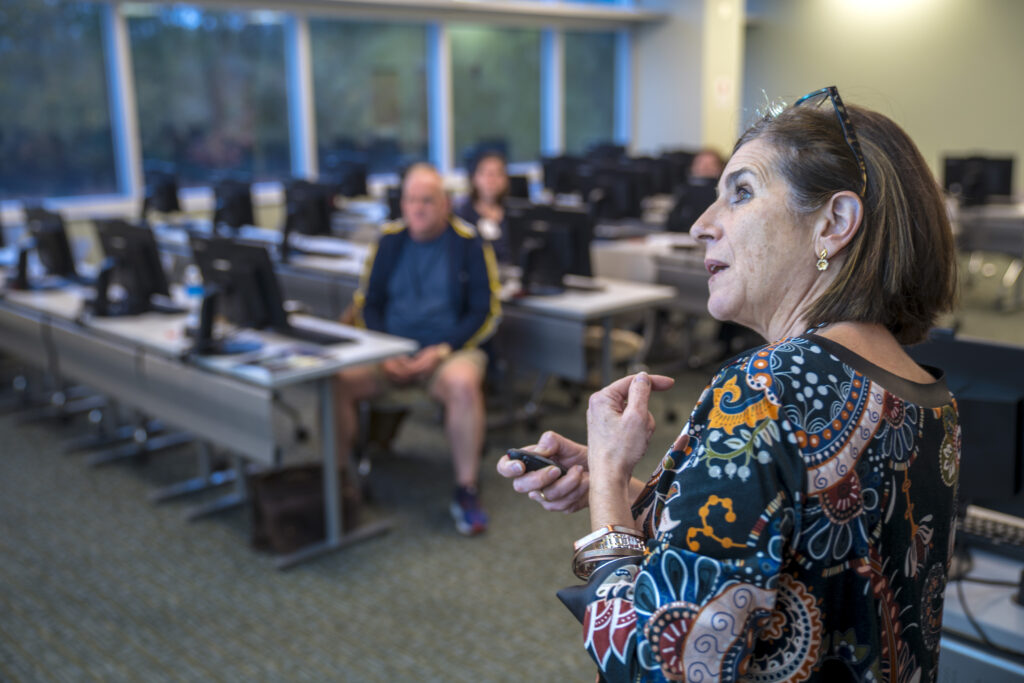
Steering
Provides overall guidance and leadership of GEP and coordinates the specialized committees
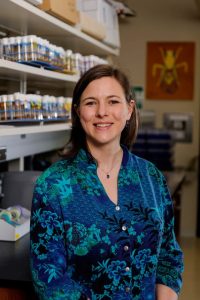
Laura K Reed
Program Director
Year Joined: 2011
Laura Reed, Ph.D. is an Associate Professor of Biology at The University of Alabama. Research in the Reed Lab focuses on understanding how evolutionary, genetic, and environmental factors interact to shape complex metabolic traits, including diseases like obesity and type-2 diabetes. Laura took over as the GEP’s Program Director in 2017. Within the GEP, Laura is also the Project Leader of the Pathways Project, Chair of the Steering Committee, oversees the Virtual TAs, the Staff, and all financial aspects of the partnership.
Assessment
Assesses the effectiveness of GEP strategies for both student & faculty outcomes
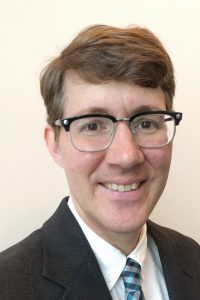
John Stanga
Assessment Committee Chair
Year Joined: 2020
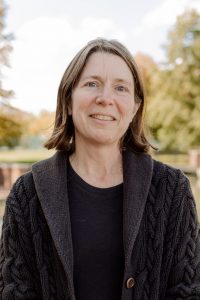
Christine Fleet
Assessment Committee Vice Chair
Year Joined: 2020
Christy Fleet, PhD, is a Professor of Biology at Emory & Henry University in southwest Virginia. She teaches undergraduate courses in Genetics, Biochemistry, and Physiology. Her research focuses on transcriptional control of plant development.
Curriculum
Develops & updates curriculum & specialized pedagogy for all levels of undergraduate biology
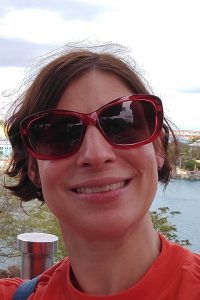
Amie Jo McClellan
Curriculum Committee Chair
Year Joined: 2015
Amie is in the Division of Science and Mathematics at Bennington College in Vermont, where she teaches a wide range of molecular/cellular/genetics courses of all levels. Her research interests center around protein (mis)folding and quality control, primarily focusing on the roles of molecular chaperones and the ubiquitin-proteasome system. Since joining the GEP in 2015, she has developed an introductory bioinformatics course titled “Genome Jumpstart,” has served as a past co-leader of the New England Node, and is excited to join the Curriculum Committee leadership rotation.

Tess Cherlin
Curriculum Committee Vice Chair
Year Joined: 2022
Details coming soon!
Diversity, Equity, & Inclusion
Establishes best practices & training for creating & maintaining an inclusive & safe environment for all GEP members & students
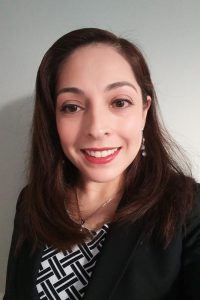
Alma E. Rodriguez Estrada
DEI Committee Chair
Year Joined: 2019
Alma Rodriguez Estrada is an associate professor of biology at Aurora University (AU), a Hispanic Serving Institution (HSI) in Illinois. Dr. Rodriguez earned a doctoral degree in plant pathology from the Pennsylvania State University. In the past, Dr. Rodriguez’s research focused on fungal genetics, metabolomics, and mushroom cultivation. Currently, she focuses on STEM education, curriculum development, and STEM outreach. Dr. Rodriguez is highly committed to Diversity, Equity, and Inclusion in STEM and has served as Co-PI in NSF-funded grants aiming to increase diversity in the STEM disciplines and to address shortages of underrepresented STEM teachers in Illinois.
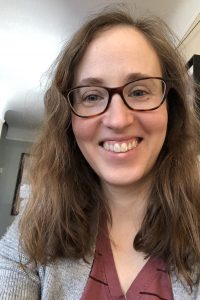
Maire K. Sustacek
DEI Committee Vice Chair
Year Joined: 2019
Maire Sustacek, Ph.D. is a biology faculty at Minneapolis Community and Technical College in Minneapolis, MN, where she teaches Genetics and Microbiology courses. She earned her Ph.D. in Molecular, Cellular, Developmental Biology and Genetics at the University of Minnesota, Twin Cities in 2009. Her past research interests include repair and recombination of large DNA repeats in yeast and human cancer. Her current work focuses on CUREs and other best practices for making STEM education more accessible and inclusive.
DEI Journal Club
The DEI Journal Club typically meets the second Friday of each month at 1p (CT)
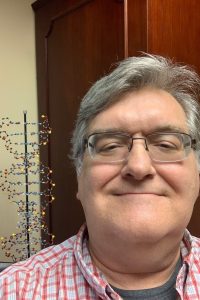
Brian Schwartz
DEI Journal Club Facilitator
Year Joined: 2021
Brian Schwartz is a Professor of Biology at Columbus State University in Columbus, Georgia, teaching general biology, genetics, developmental biology, and evolution. He has a B.S. in Biology from the University of Memphis and a Ph.D. in Genetics from the University of Wisconsin.
Professional Development & Mentoring
Maintains training & professional development opportunities for all GEP members & includes the Regional Nodes, New Member Training, & Mentoring subcommittees
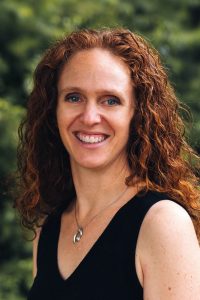
Rivka Glaser
PDM Committee Chair
Year Joined: 2016
Rivka Glaser, Ph.D is a Professor of Biology and the Director of the Honors Program at Stevenson University, where she primarily teaches Introductory Biology and Genetics courses. She is committed to supporting professional development, especially among graduate students and postdoctoral students who are interested in teaching at PUIs. She serves as her campus’s liaison to the Collaborative Teaching Fellowship Program, which provides grad students and postdocs from Johns Hopkins and University of Maryland with mentored teaching experiences at Stevenson and other local colleges and universities. She is also the co-chair of the Undergraduate Genetics Education Network (UGEN), which offers virtual workshops that model innovative and active pedagogies that can be used to teach genetics concepts and/or confront misconceptions about genetics. Each year, the workshop focuses on a socially relevant theme.
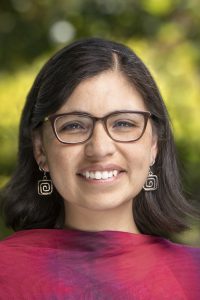
Norma Velazquez
PDM Committee Vice Chair
Year Joined: 2016
Norma Velazquez, Ph.D. is an Associate Professor of Biology at Lewis & Clark College in Portland, OR. She teaches Intro Biology to majors and non-majors, Introduction to Neuroscience and Behavioral Genetics. Her scholarship is on developing a Drosophila model for long-term nicotine to identity novel genes and molecules that modulate nicotine’s effect and could influence nicotine addictive properties. She’s also broadly interested in how genes influence behavior and in science education research.
Regional Nodes
Coordinates events for regional clusters of participating GEP institutions
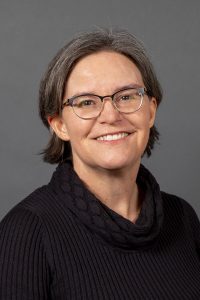
Jenni Kennell
Director of Regional Nodes
Year Joined: 2014
Jennifer (Jenni) Kennell received her Ph.D. in Cellular and Molecular Biology from the University of Michigan (Go Blue!) in 2005 and is now an Associate Professor of Biology at Vassar College in Poughkeepsie, NY. She regularly teaches classes related to genetics, including an intermediate level molecular genetics course in which she has incorporated the GEP curriculum and research projects since she joined the GEP in 2014. Her current research focuses on characterizing the role of a family of predicted HAD-domain containing phosphatases in fruit fly metabolism and behavior. During the 2022-23 academic year she served as the NY/NJ Regional Node Leader and she is excited to now serve as a Co-Director of the Regional Nodes.

Kellie Agrimson
Co-Director of Regional Nodes
Year Joined: 2019
Details coming soon!
New Member Training & Mentoring
Onboards new members to ensure they are fully integrated into the GEP Community and partners an experienced member with each new member
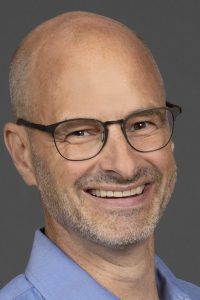
Daron Barnard
Director of Mentoring
Year Joined: 2007
Daron Barnard, Ph.D., is a Professor of Biology and Director of the Aisiku STEM Center at Worcester State University in Massachusetts. He teaches undergraduate courses that focus on molecular and cellular biology including Genetics, Introduction to Cellular and Molecular Biology, Developmental Biology and Bioinformatics. His research interests focus on mechanisms that regulate mRNA translation and control early development in the African clawed frog, Xenopus laevis.
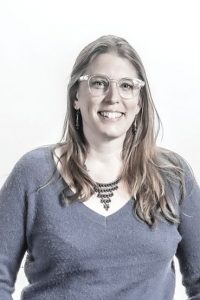
Catherine Reinke
Director of New Member Training
Year Joined: 2012
Science & IT
Advises on development of new research questions and on issues related to the web framework
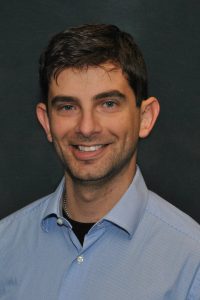
Nik Tsotakos
Science/IT Committee Chair
Year Joined: 2020
Nik Tsotakos, PhD is an Assistant Professor of Biology at Penn State Harrisburg in Middletown, PA. He teaches undergraduate courses in the areas Biochemistry, Genetics, and Bioinformatics. His research laboratory is focused on the role of non-coding RNAs in regulation of gene expression in health and disease.
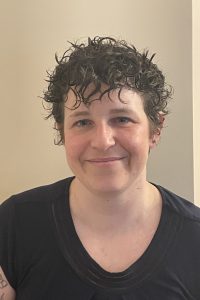
Clare Scott Chialvo
Science/IT Committee Vice Chair
Year Joined: 2021
Clare Scott Chialvo is an assistant professor in the biology department at Appalachian State University, a regional comprehensive in Boone, NC. She teaches evolutionary biology, genetics’ labs, and a genomics CURE. Her research interests focus on understanding the evolution of plant-insect interactions with a focus on adaptations that allow insects to feed on toxic hosts. Currently, her lab is examining these questions in mushroom-feeding Drosophila that can feed on deadly Amanita mushrooms along with many edible species. Clare is leading the development of the detoxification gene project for the GEP.
- Page Last Updated: July 23, 2024
